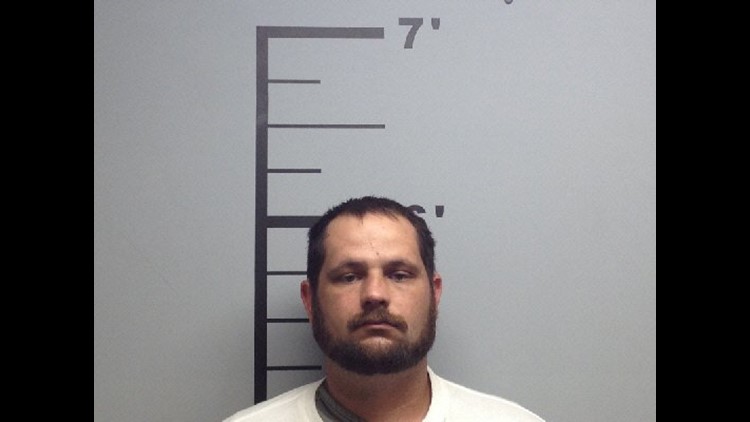FAYETTEVILLE (KFSM) — A Washington County Circuit Judge has denied a motion to exclude the testimony of a confidential informant in Cody Wise’s murder case.
Wise, 29, is charged with capital murder in connection with the 2015 killing of 53-year-old Ronnie Kultgen.
His trial is set for Monday (Sept. 24) in Huntsville.
Wise’s attorney, Drew Ledbetter, argued last month that the informant is a key witness in the prosecution’s case and accused the Benton County Sheriff’s Office of hiding or destroying evidence that could reveal the informant has credibility issues.
The informant also had a sexual relationship with former sheriff’s office investigator Miguel Cordova, who resigned in January 2015 after admitting to exchanging sexually charged text messages with the informant.
In denying the motion, Judge Mark Lindsay ruled Thursday (Sept. 20) that because Wise “has information to impeach the testimony of (the informant), the court does not believe that (Wise) has suffered any prejudice by the alleged actions of the Benton County Sheriff’s Office.”
Ledbetter argued the informant’s text messages with Cordova were selectively edited to show her in a positive light and that she spoke of being “loyal” to the sheriff’s office.
Ledbetter said the sheriff’s office turned over everything related to Cordova’s internal investigation except his phone records, which were listed as being copied to a CD in the sheriff’s office’s files.
The informant’s text message with Cordova “contain material evidence” affecting her credibility, “making the complete record of conversations on (Cordova’s phone) all the more relevant,” Ledbetter said.
While Lindsay noted “it is within the realm of possibility” the sheriff’s office was negligent, “these actions, if intentional and in bad faith, were directed at saving the reputation of (Cordova) who was admittedly valued by that department.”
Lindsay also wrote that any Brady Violation — referring to a 1963 rule from the Supreme Court requiring prosecutors to turn over exculpatory evidence to a defendant — “has been remedied, and there has been no denial of due process to (Wise).”
In August, Lindsay gave the sheriff’s office 10 days to turn over the records related to its internal investigation of Cordova.
The next day, Lt. David Undiano wrote in a letter to the Washington County prosecutor’s office the records couldn’t be found, and that neither Cordova nor the deputy who handled the internal investigation — Capt. Kenny Paul — were sure if Cordova’s phone was ever imaged or forensically examined.
Undiano wrote that it was possible the phone was never imaged because Cordova chose to resign and the investigation may have been discontinued.
Undiano also wrote that “it would not be unusual or considered unreasonable for detectives to delete an image file or digital data for a resolved investigation which was not criminal in nature.”
However, Dennis Schumacher, a former forensic examiner at the sheriff’s office told Undiano that he “remembered imaging Cordova’s device” and gave a copy of the forensic image to Paul, according to the letter.
Ledbetter argued against Undiano’s reasoning, adding that it’s “not believable that every digital file made a part of this internal investigation was preserved except for one single item,” according to court records.
Ledbetter also cited a recent text message from Schumacher, who said he “placed the data on two disc, one went into the internal investigation folder and the second one went into my case folder along with a copy of my forensic report.”
Schumacer also told Ledbetter the case folder “should be with all of the other cases in the Cyber Crime office. If it is not, then someone in the office did something with it,” according to court records.



